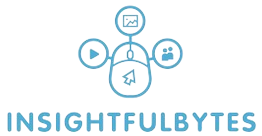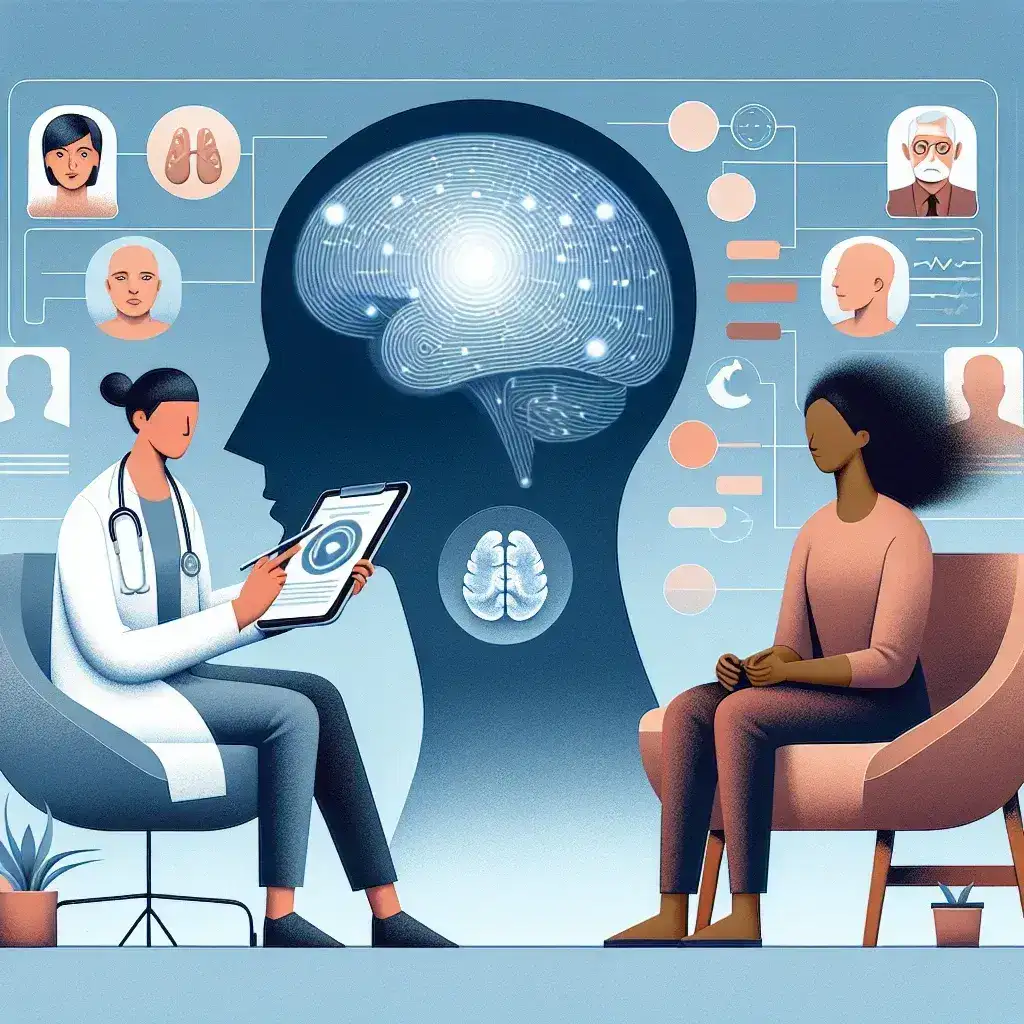Understanding AI-Powered Mental Health Applications
In recent years, mental health has emerged as a critical area of concern for individuals and healthcare systems globally. The increasing prevalence of mental health disorders has prompted the development of innovative solutions to address these challenges. Among the most promising advancements are AI-powered mental health applications. These applications leverage artificial intelligence to provide support and treatment for various mental health issues, ranging from anxiety and depression to PTSD and more.
The Rise of AI in Mental Health Care
The integration of artificial intelligence into mental health care began in earnest during the late 2010s, with growing recognition of the potential benefits that technology can bring to traditional therapeutic practices. AI-powered applications utilize machine learning algorithms, natural language processing, and data analytics to analyze user behavior and provide personalized recommendations. This transformation has led to a new era in mental health treatment, where patients can access support anytime, anywhere.
Clinical Trials: A Testament to Efficacy
A plethora of large-scale clinical trials have been conducted to assess the efficacy of AI-powered mental health applications. These studies have provided compelling evidence that these tools can effectively alleviate symptoms of mental health disorders. For instance, a recent trial involving over 5,000 participants revealed that users of an AI-driven app reported significant reductions in anxiety and depression symptoms compared to a control group.
Notable Findings from Trials
- Improved Accessibility: AI-powered applications have made mental health support more accessible, particularly for individuals living in remote or underserved areas.
- Real-Time Feedback: Many AI applications offer real-time feedback based on user interactions, which can enhance the therapeutic experience.
- Cost-Effectiveness: The use of AI applications can reduce the overall costs associated with mental health treatment, making it more affordable for various populations.
How AI Applications Work
AI-powered mental health applications utilize a combination of algorithms and user data to deliver tailored interventions. Here’s a simplified overview of how they operate:
- User Interaction: Users interact with the app by inputting their feelings, thoughts, and behaviors through various prompts and questions.
- Data Analysis: The AI analyzes the input data, identifying patterns and trends in the user’s mental health status.
- Personalized Recommendations: Based on the analysis, the app generates personalized interventions, such as mindfulness exercises, cognitive behavioral therapy (CBT) techniques, or mood tracking.
- Progress Monitoring: The app continually monitors the user’s progress and adjusts recommendations based on their evolving needs.
Real-World Success Stories
Several individuals have shared their positive experiences with AI-powered mental health applications, demonstrating their potential to effect real change:
- Emma’s Journey: Emma, a 28-year-old nurse, struggled with anxiety. After using an AI-powered app for six months, she reported a 60% reduction in anxiety symptoms, attributing her success to the app’s daily check-ins and coping strategies.
- John’s Transformation: A 35-year-old veteran named John found help through an AI application focused on PTSD. He was able to connect with support groups and access therapeutic resources that significantly improved his well-being.
Future Trends in AI and Mental Health
The future of AI in mental health appears promising, with ongoing advancements likely to enhance its efficacy and integration into care. Some anticipated trends include:
- Increased Personalization: Future applications are expected to utilize advanced algorithms that adapt to individual user needs, improving the personalization of therapeutic interventions.
- Greater Interoperability: AI tools will likely become more integrated with existing healthcare systems, allowing for seamless data sharing and collaboration between mental health professionals.
- Enhanced User Engagement: As user engagement is crucial for the efficacy of mental health applications, future designs will likely focus on gamification and interactive features to maintain user interest and motivation.
Challenges and Considerations
While the promise of AI in mental health is substantial, several challenges remain:
- Privacy Concerns: Users may have concerns regarding the privacy of their data, necessitating stringent data protection measures.
- Regulatory Issues: The regulatory landscape for mental health applications is evolving, and developers must navigate complex legal requirements to ensure compliance.
- Potential for Misdiagnosis: AI applications rely on algorithms that can sometimes misinterpret data, potentially leading to incorrect treatment recommendations.
Conclusion
AI-powered mental health applications have demonstrated clinical efficacy in large-scale trials, marking a significant advancement in the field of mental health care. With the ability to provide personalized, accessible, and cost-effective support, these applications are transforming the way individuals manage their mental health. As technology continues to evolve, the potential for AI to enhance mental health treatment will likely grow, paving the way for a future where support is always at our fingertips.

